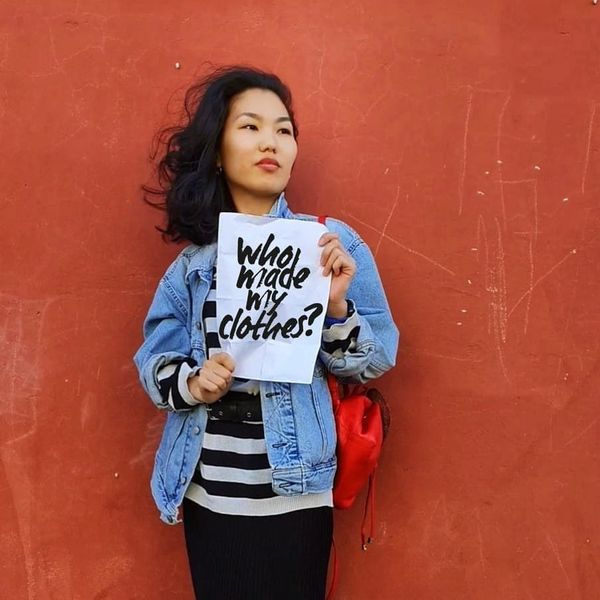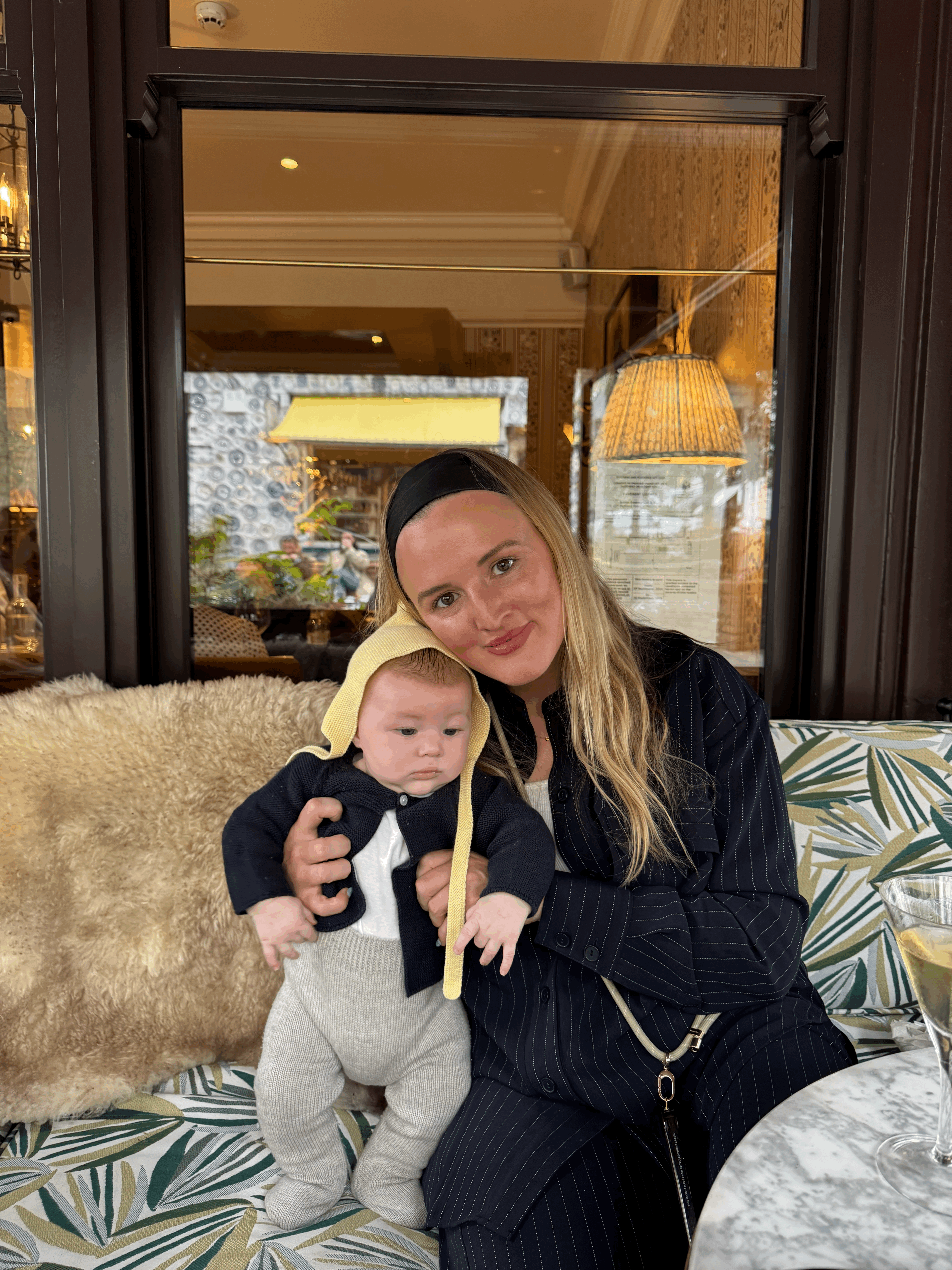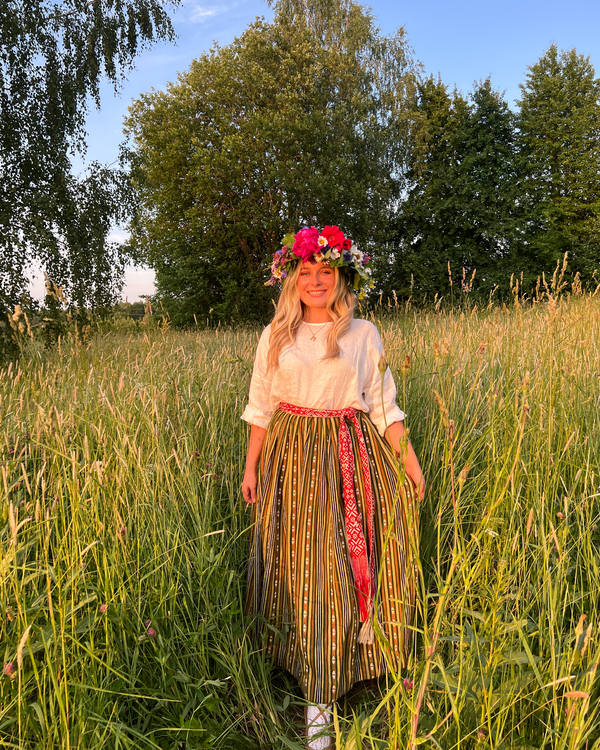Fashion Revolution, which is the worlds largest fashion activisim movement, was founded in 2013 in the wake of the Rana Plaza disaster. This global movememnt has united like minded people to use their voice and power to demand change from the fashion industry. Brands are now shedding some light about where there clothes are made and the impact their materials are having on the environment.
We spoke to Ruth, the Communications Manager at Fashion Revolution, about tackling the problems within the fashion industry, how people can make better sustainable choices and why it's important think about where your item has come from.
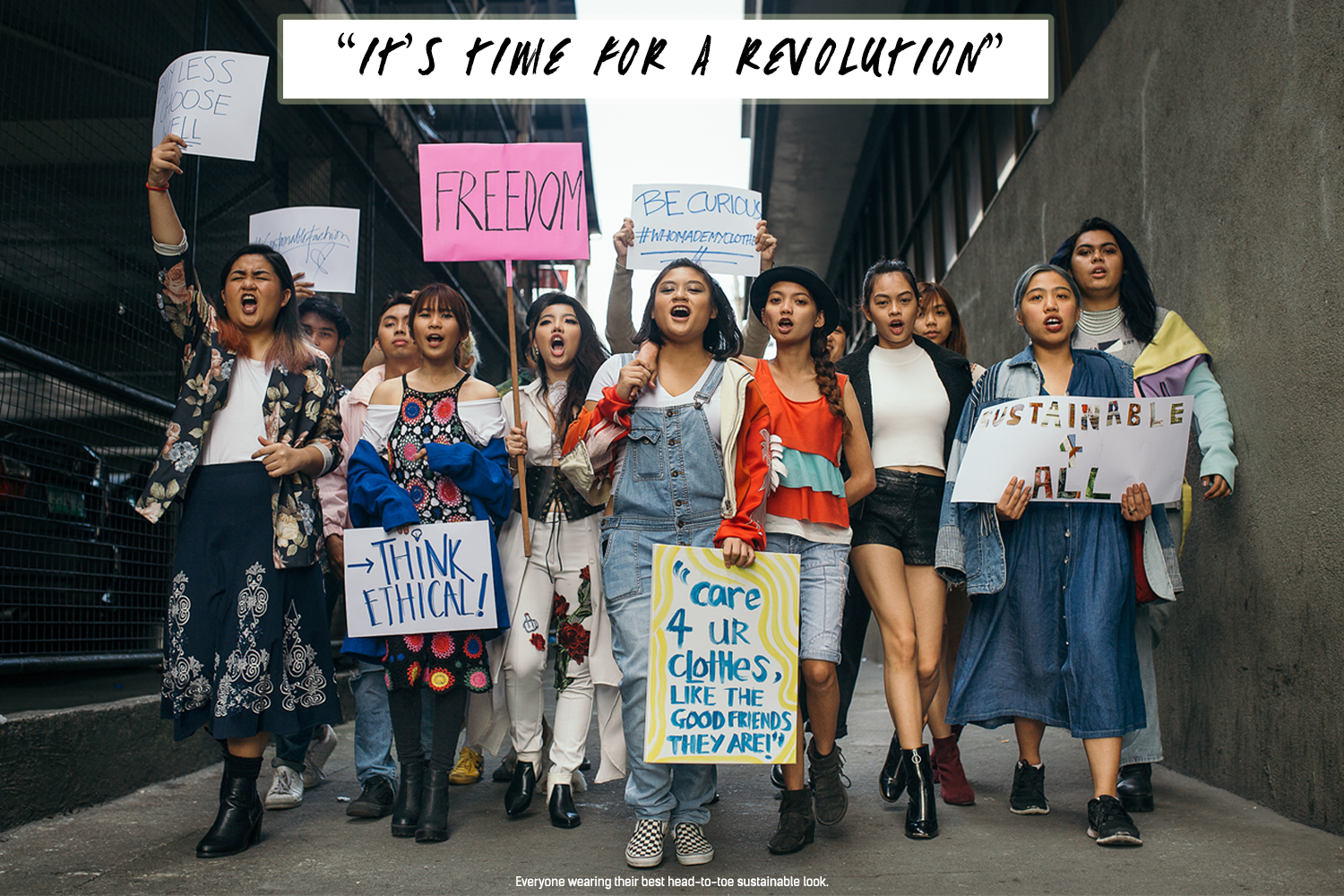
Tell us more about Fashion Revolution…
Fashion Revolution is a non-profit organisation based here in the UK but with teams in over 90 countries worldwide. Our vision is for a fashion industry that conserves and restores the environment and values people over profit and growth.
We do this by campaigning for policy, industry and cultural change, so we’re always working on lots of different projects, such as supporting small, sustainable designers through our Small But Perfectly Formed programme, incentivising brands to be more transparent through our Fashion Transparency Index and inspiring people to take action our annual Fashion Revolution Week activations.
How do you think the Rana Plaza disaster has changed the fashion industry today?
Before the Rana Plaza factory complex collapsed and killed over 1,100 people in 2013, consumers and brands alike generally had no idea where their clothing came from. People literally had to search through the rubble to look for clothing labels in order to find out out which fashion brands were sourcing their products in these buildings that were structurally unsafe.Fortunately, since then we have seen significant growth in the number of major brands and retailers disclosing their supplier sites. For example, in 2017, our research found that 32% of brands were disclosing first-rier suppliers (where garments are cut and sewn), 14% were disclosing processing facilities and zero brands were disclosing raw material suppliers. In 2021, these have all increased, to 47%, 27% and 11% respectively.
However, until we have 100% supply chain transparency, we cannot hold brands accountable for the people who make their clothes. So there is still a long way to go; without transparency, achieving a sustainable and fair fashion industry will be impossible.
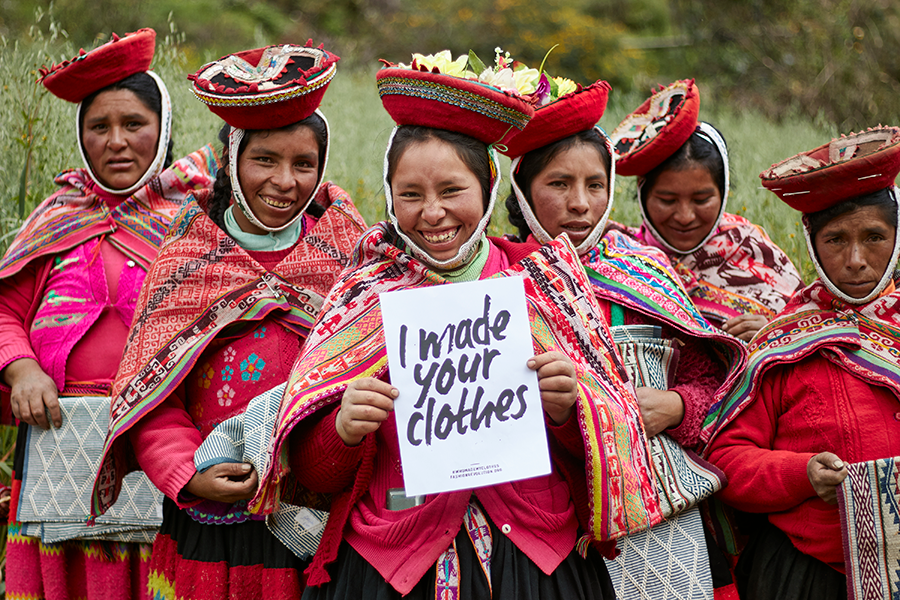
How does Fashion Revolution solve the pain points of this industry
One of the major campaigns we are working on right now is called Good Clothes Fair Pay, which is demanding a living wage or garment and textile workers. For too long, fashion brands have promised to do the right thing, and they haven’t. We cannot wait for voluntary measures from individual brands - the industry needs to be regulated and held accountable. If successful, this new legislation will require all brands and retailers selling products in the EU to conduct due diligence on living wages across their entire, global supply chains.
This is so important because millions of people who make our clothes - mostly women - earn much less than they need to live on. Without a living wage, workers may be forced to work excessive overtime, they may be unable to afford healthcare, nutritious food, housing and education for their children, and a lack of savings means they cannot withstand crises such as the Covid-19 pandemic. If workers across global fashion supply chains earned living wages, this could lift entire families and communities out of poverty.
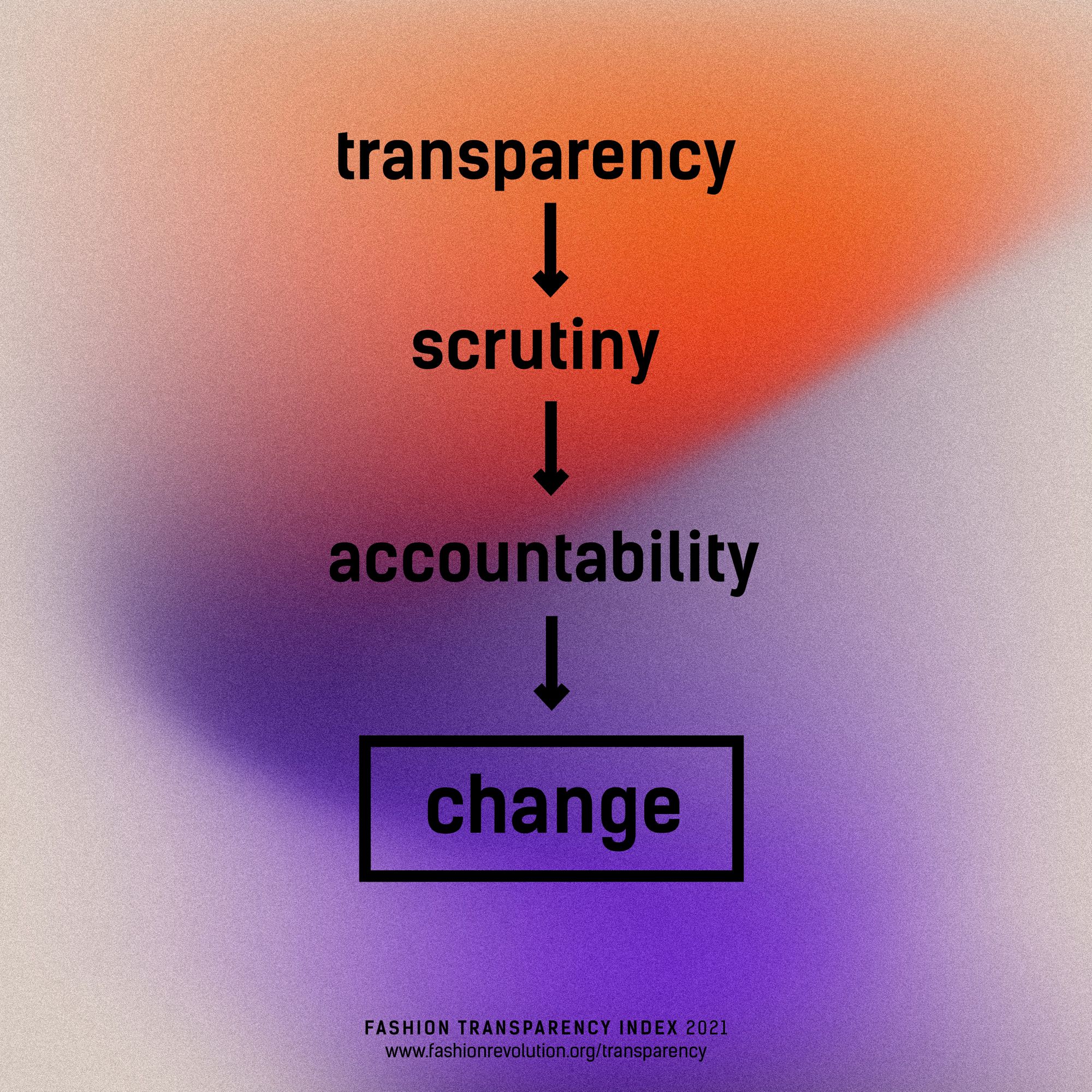
What do you think about the rise of sustainability in the fashion industry?
Over the past decade, collective consciousness of sustainability has skyrocketed. In 2020, our consumer survey found that more than ever, people want to buy clothes made without harming the environment, animals, workers or consumers.
However, it is important to note that despite the progress that has been made, the growth of the fashion industry is expected to continue, which means that if our efforts to reduce fashion’s impact are not rapidly accelerated, greenhouse gas emissions are predicted to rise to 2.7 billion tonnes a year by 2030.
Ultimately, this suggests that we are not doing enough to make fashion slow down and scale back. We all need to focus on producing less and buying less to tackle the climate crisis.
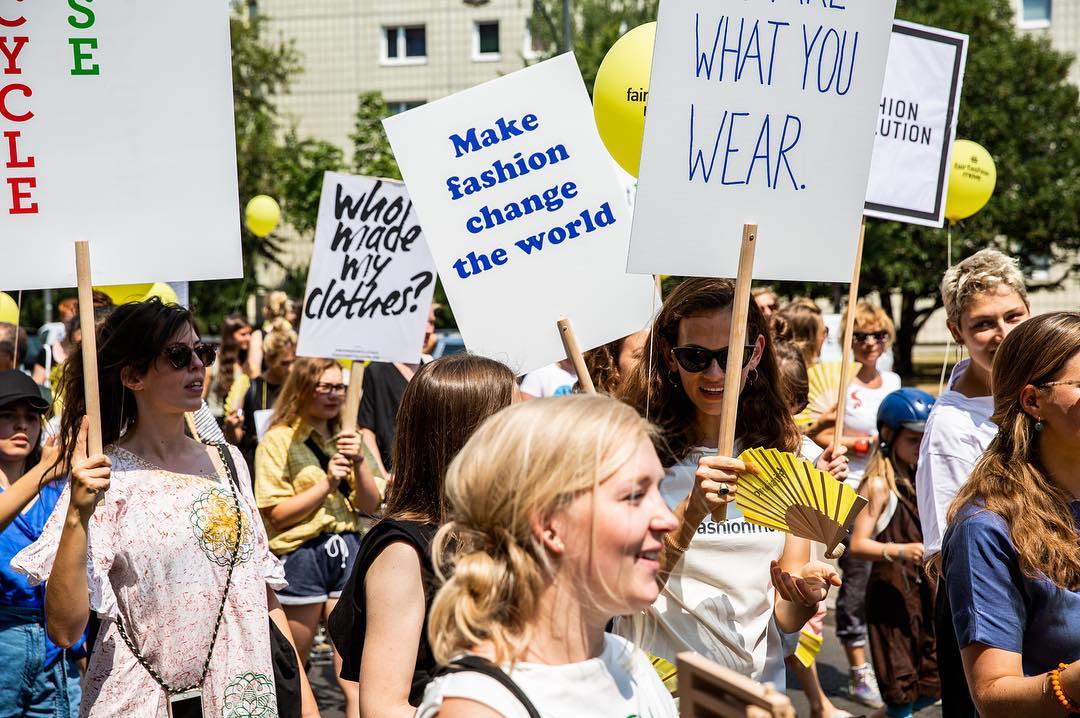
What advice would you give to those looking to shop more sustainable/ethical brands but don’t know where to start?It is so important to support independent designers and buy from small and local businesses where possible. Our showcasing platform Fashion Open Studio is designed to shine a spotlight on best practice and innovation led by international fashion and textile designers selected for their commitment to responsibility, sustainability and circularity.
Also, remember that you don’t have to buy ‘new’ clothes to have a sustainable wardrobe. Caring for what we already own is fundamental here, including mending and upcycling anything that needs a little love, in addition to sharing, swapping, renting and thrifting. The less we give into the toxic cycle of overconsumption that many fashion brands push on us, the more we can reocnnect with the people who make our clothes and the materials used to make them.
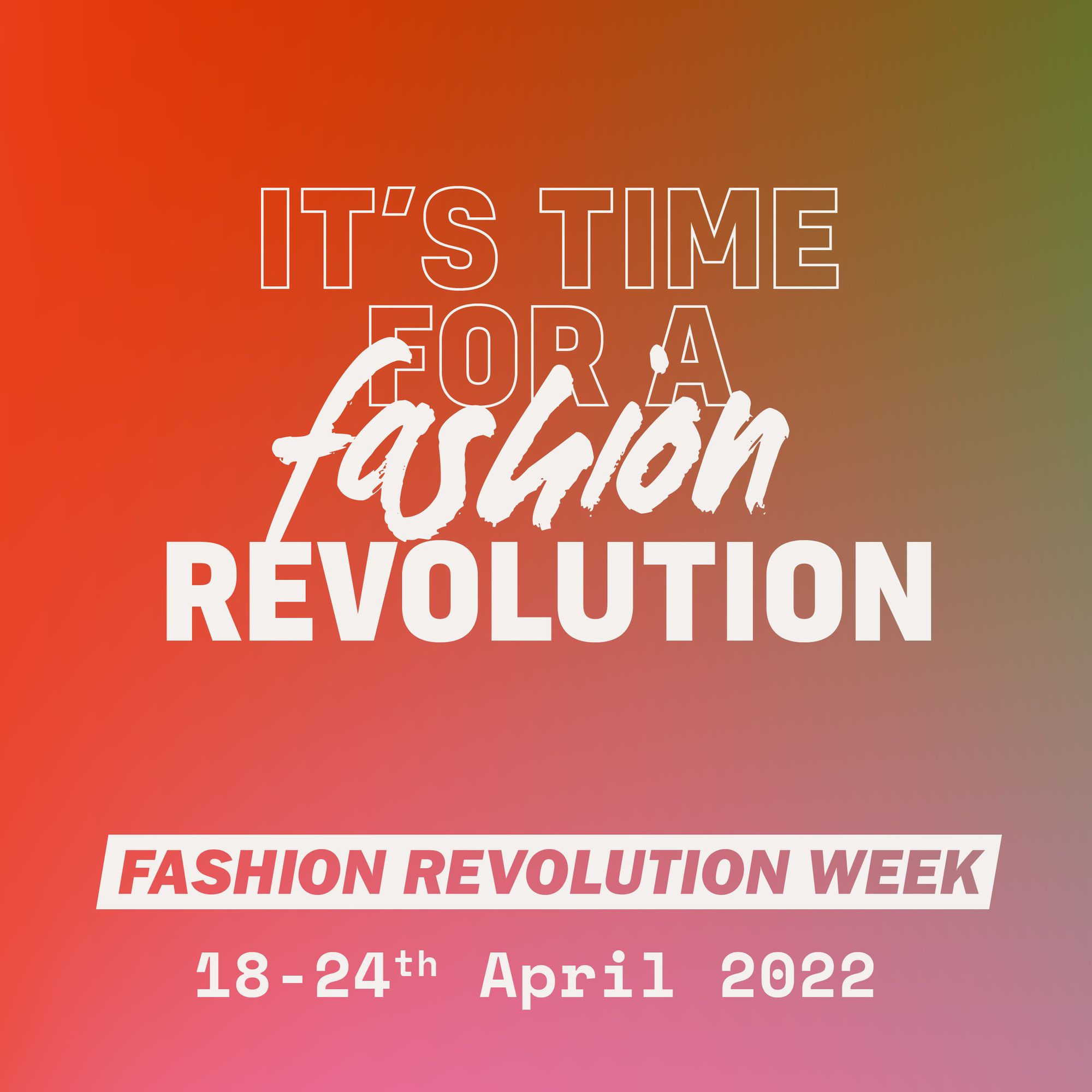
At By Rotation, we truly believe that making quality fashion available to people from all walks of life will help in curbing the linear path of consumption the average person is on. We want to transform the way that we consume fashion and disrupt the usual journey of retail through rental. We are setting out to convince everyone that we no longer need to buy fast fashion and can instead share quality clothing with each other. After all, what may no longer feel new to you can actually be new for somebody else.
Click here to start your rental journey!

